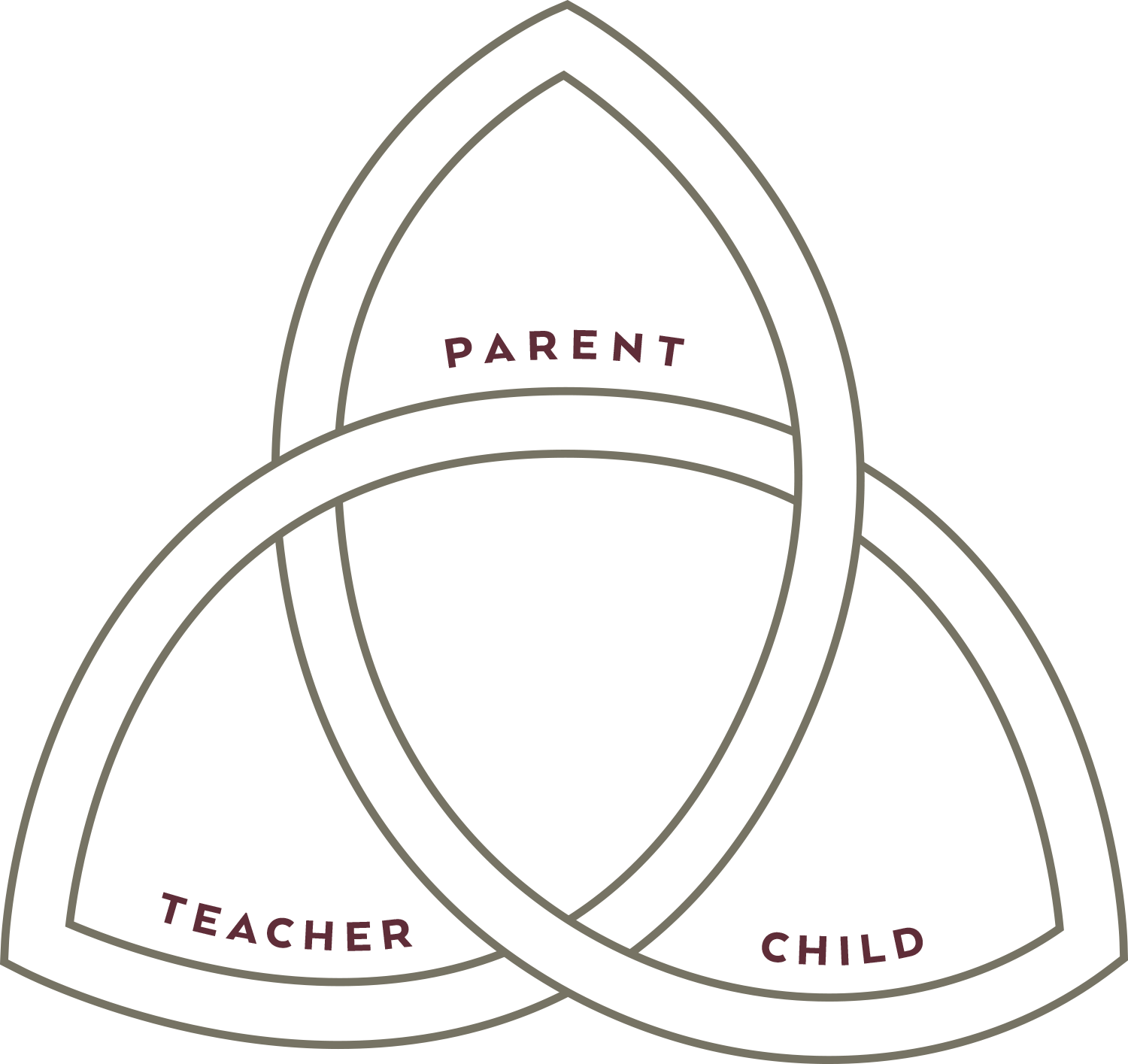
Suzuki Philosophy
Dr. Shinichi Suzuki and the Mother-Tongue Method
“The most important element in learning a language is hearing it, having it be part of the child’s environment. Then certain words are repeated over and over until the child starts to imitate them. These words are never dropped from the vocabulary, but are retained and added to, giving the child a repertoire of words to draw from.
Teaching music by the Suzuki Method works the same way, making music and part of the child’s environment by using recordings of the Suzuki repertoire played over and over. Once learned, the pieces remain in the student’s working music vocabulary. And just as you would not teach a child to read before learning to speak, we teach the children to play first, then teach the reading after the technical and musical basics have been established.
Just as every child can learn to speak their own language fluently, Suzuki teachers approach their students with the same certainty that every child will be able to fluently learn the language of music. This notion that “Talent” is taught, not inborn, is a new one to many musician, but amply born out by the success of Suzuki students the world over. This is not to say that all students will learn at the same rate. Each student will have their own pace of learning, but all are able to achieve a high degree of technical skill and musicality.
Suzuki… teachers get together every year at summer workshops to learn about the method, how it applies to their instrument, and how to go about teaching it. There is a series of Units set up by the Suzuki Association of the Americas (SAA) to ensure that every teacher has thorough training in the method. This sharing of ideas forms the basis for the whole spirit of the Suzuki movement. The aim is to educate the children in a supportive, non-competitive environment, to develop the whole child, and to teach skills that are applicable to all areas of a person’s life.
Suzuki always believed that his goal was not to make great musicians, but through the study of music to help all children become wonderful human beings who will make the world a better place.”
From suzukiharpinfo.com
The Suzuki Triangle
The Suzuki approach is reflected in the triangle: student-parent-teacher. These three elements are all connected to one another. A child’s most important teachers in life are parents, those who want to see their children flourish. Suzuki parents support learning by being present in the lessons, listening attentively, taking careful notes throughout, asking appropriate questions, and supporting the student’s daily at-home practice. This parental support should always be sensitively offered, reserving a daily time with the child that is undistracted and special. This relationship can also be compared to the growth of a garden. The student is the seed; the teacher is the gardener who plants the garden in a logical sequence, at the right time. The parents are the sun and rain, encouraging the student through the growing pains of learning. All see the blossoms and fruits of labour!
Group Lessons
Community is an important part of learning a musical instrument. The Suzuki music experience is an entire program of study involving attendance at group activities and active participation in performance events whenever possible, in addition to weekly private lessons. Group lessons provide opportunities for children to share musical experiences with their peers and experience ensemble performance in an encouraging positive environment, and incorporate elements of repertoire review, technique, music theory, performance practice and etiquette. This group environment is marvelous for students’ training! (Excerpt From Suzuki Harp Unit 2, Compiled by Delaine Fedson, 2004)
The repertoire at Kerr Harps is varied including Suzuki classics, Royal Conservatory of Music levelled harp repertoire, Celtic & folk tunes, video game music, and popular songs!
How does this apply to adults?
The method is the same. Listen, copy, repeat, enjoy! I encourage you to establish a regular sequence to your practice, and an environment where you can concentrate on your music. There are group lessons for adults too!
“As a student of Siobhan Kerr for many years, I can confidently say that she is a wonderful harp teacher and musician, has a deep knowledge of the instrument and subsequent music theory, music history and repertoire for the harp at all levels. She has immense patience and is very encouraging in reaching the student’s goals. I would absolutely recommend Siobhan as a very fine harp teacher for students of all ages, from the very young to seniors realizing a dream of one day playing the harp.”
— Carol, B.Mus., B.Ed., M.Ed

